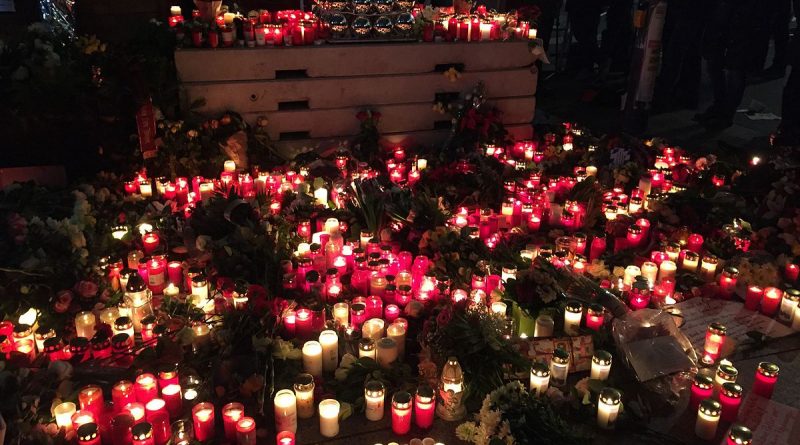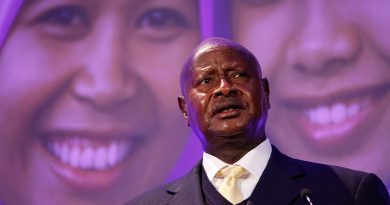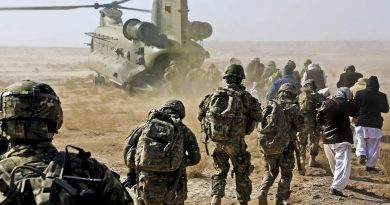Germany and Refugees: Politics After the ‘Weihnachtsmarkt’ Attack
After the death of 12 people and injury of about 50, Germany is rebuilding itself after a supporter of the self-proclaimed Islamic State has perpetrated an attack on a Christmas market on the night of December 19, 2016 in the heart of the capital. After mourning the dead and caring for the wounded, Berlin is now beginning to see the consequences of the attack, not only for the Germans but for the thousands of asylum seekers therein. The Washington Post reports that “it only took hours until the backlash started” against the refugees, also mentioning that “right-wing politicians in Germany and across Europe demanded a tougher stance on immigration.”
Elections ahead
With the legislative elections scheduled for August 2017, the recent (not so newly) re-application of Chancellor Angela Merkel, in which she stated that “when it comes to politics, it is always about balancing interests, compromises, progress – steps taken forward, step by step – and I always try to do that on the basis of our values: democracy, freedom, respect for the law, the dignity of every human being independent of background, skin colour, religion, gender, sexual orientation or political position”, and the rise in popularity of the far right party Alternative für Deutschland (AfD), the political tension in Germany increases day by day: “after narrowly missing the 5 percent needed to enter national parliament in the 2013 elections, polls now suggest the AfD will receive 16 percent of the national vote in 2017, making it the third-largest political party in Germany, after Merkel’s Christian Democratic Union (CDU), and the Social Democratic Party (SPD), part of Merkel’s grand coalition.”
“These are Merkel’s dead“, stated Marcus Pretzell, AfD chairman
Despite the apparent instability, Politico reports that “68 percent of Germans do not agree that the chancellor’s policies were to blame for the attack” and “three-quarters said security will play an important role in next year’s elections” in a survey where “ninety-three percent of AfD voters surveyed said the chancellor’s policies were to blame.”
Burqa ban and deportation acceleration
After Merkel stated last December that the use of the burqa would be banned, German Interior Minister Thomas de Maizière wants to “accelerate deportations of migrants who were denied asylum,” while continuing “to run random controls at its border with Austria.” Meanwhile, the German Chancellor has also been pressured by the more conservative elite “to get tough on security.”
One we cannot forget that: according to EurActiv, “right-wing populism has grown over the last few years, fuelled by social unrest provoked by the ongoing recession, terrorism, and xenophobia triggered by a massive influx of refugees and migrants from the war-torn Middle East, and Africa.” Another four years of Angela Merkel, the redefinition of the essence of the European Union and the rise of populism, not forgetting the ongoing crisis of refugees will certainly be ‘hot topics’ for 2017.
Berlin truck attack memorial. Photo by EuroBill / public domain
![]() This work is licensed under a Creative Commons Attribution-NonCommercial-ShareAlike 4.0 International License.
This work is licensed under a Creative Commons Attribution-NonCommercial-ShareAlike 4.0 International License.




